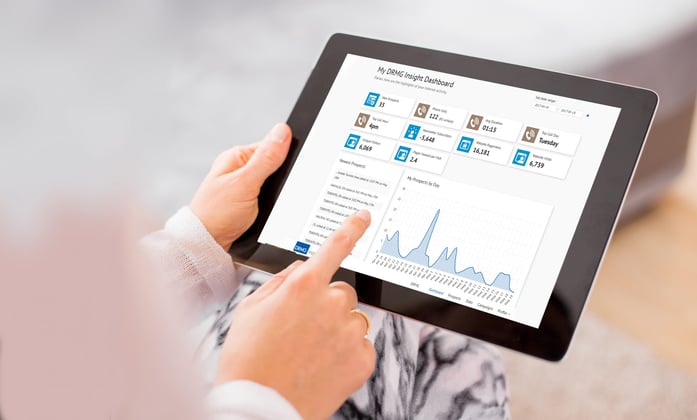Creating a winning print ad and developing a message guaranteed to get results can be a challenge. How do you target each generation? Where do you place your call to action? How do you track the success of your ad? How many times do you check it over before it goes to print? There are many elements that can be attributed to success, so let us help.
What is a Print Ad?
Print advertisements are ads that are printed on a physical page. Some examples include newspapers, magazines and journals. Although postcards are printed we usually think of those pieces like direct mail. Other printed mediums like billboards aren’t usually included in the print advertising bucket either.
What are Print Elements?
Print elements are the most basic constructs which combine to make print ads. They include such fundamentals as the headline, pitch, illustrations, call to actions and brand signatures. The company's slogan, often presented near the signature, could also be considered an element of the advertisement. Some elements are not necessarily printed, for example visually hierarchy is an overriding element governing the way the content appears to the consumer.
Here are other more intangible print elements of a successful ad.
1. Audience Research is Elementary

In order for your print ad to be effective, marketers need to understand who they're targeting. Not only who but where they live, work, favourite eating spots, hobbies. In an ideal world, your print ad will speak to your target customer so quickly that they contact you right away. Tools that many direct mail companies will offer allow you to precisely target your ideal customers. These types of targeting tools and demographic analysis can help you make knowing your audience a reality if you do not already.
2. An Eye-Catching Headline is a Print Element

When designing your ad, it’s very important to decide what is going to be your main point of focus – this will be the piece that will grab your potential customers’ attention. The main focus for your shared media products can be your images or your eye-catching, bold headline. If you choose to focus on the headline, be sure to relay the benefits to the customer immediately, or share some form of valuable information. Visuals are amazing elements to use if you want to grab your customers’ attention. An image that provokes curiosity can be an easy attention grabber for your ad.
3. Engaging Content Keeps Audiences Enthralled

If your flyer requires more detail about your product or offer, your attention is equally as valuable on the body copy. Your first sentence is one of the most important parts of your print ad – this is how you will lure the customer in and keep them engaged. Adding testimonials into your ad can be a great way to display your value and add credibility. At the end of your copy, be sure to have a strong call to action. A strong call to action should speak to your customer and let them know what to do.
4. Redemption Rates are Marketing Elements

The production of great creative pieces takes time – you might not nail it on the first campaign. By split testing ad copy, images, and then tracking performance you will know which version generates more response. Sometimes what seems like a bad idea one day might appear to be brilliant the next and vice versa. Professional marketers and advertisers tend to write 50 – 200 headlines before finding the perfect one. If you want your ad to really generate revenue it will take some time to craft it to perfection.
5. Quality Check and Testing

In print marketing, what designers see on their computer screens isn’t always what appears on paper. Marketers should demand to see the final product, the piece printed in the medium it will be issued. Test printing your advertisement is as easy and is the best way to be sure the colours are correct and the margins aligned etc. Testing your advertisements before they're issued can save time and energy with conversion tracking.
Master The 5 Parts of a Print Ad with Direct Response Media Group
At Direct Response Media Group we help businesses create the perfect print ad and track results using our Direct Mail Tracking Software – DRMG Insight.
Comments